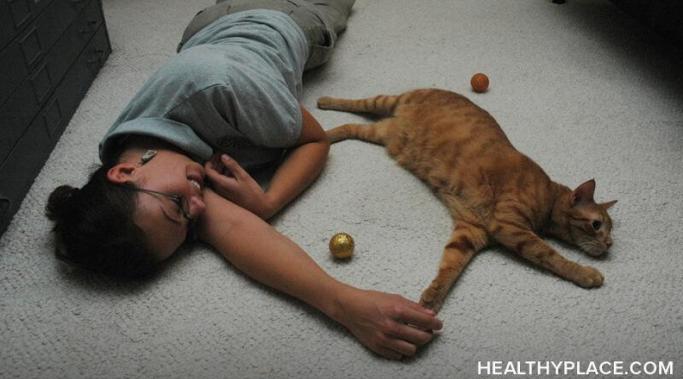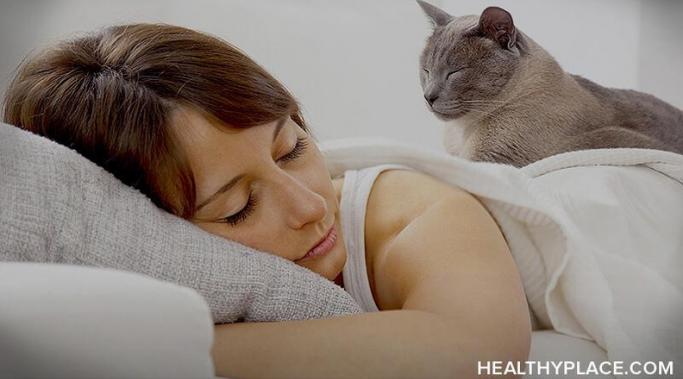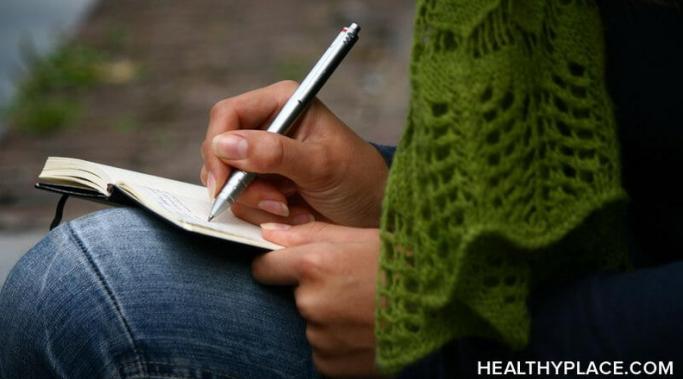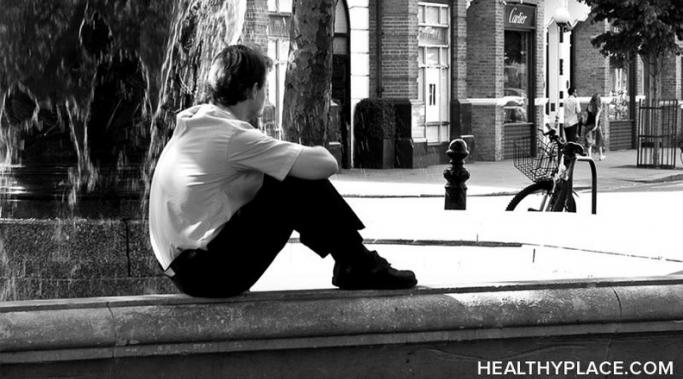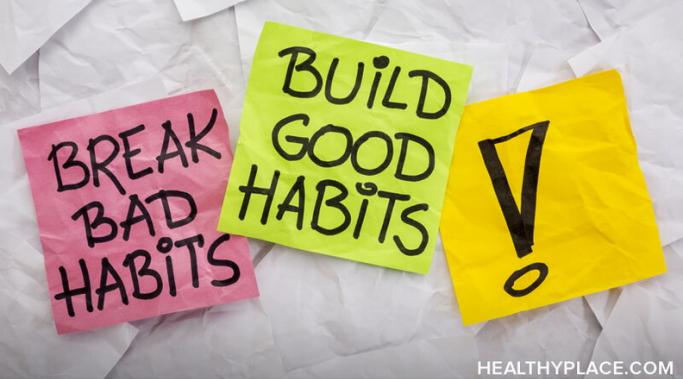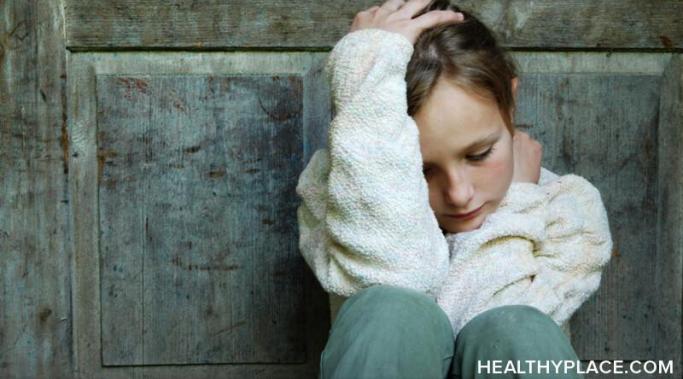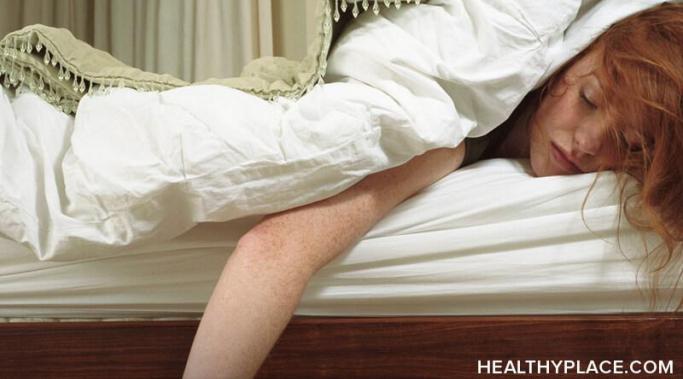Pets. They're cute, comforting, and can be great for someone's mental health. Even last week I saw a dog sporting his "emotional support dog" vest. Many people with mental illness find comfort in their pets, and there are many reasons why pets make great companions during the recovery process, but the decision to bring a pet into your life can be equally amazing and stressful.
Lifestyle Changes
Managing finances when you have a mental illness can be complicated. The dreaded "your account is overdrawn" bank email and I were well acquainted while my mental health declined. I felt a heavy sense of guilt when it came to my finances. My reluctance to face my situation and the shame I felt asking for help created a snowball of dread. Mental illness can make managing finances more difficult, but it isn't a hopeless situation, and it shouldn't be a source of shame.
"I'll sleep when I'm dead" is a line my former self fully embraced before learning more about sleeping for mental health. If others didn't need sleep, I thought I didn't either. That thought process took a nasty toll on my mental health. Sleeping is essential for mental health and shouldn't be put on the back burner.
I fell into habit tracking because in a world that is constantly changing, having clearly defined action steps is comforting. I’m able to trick my mind into creating a productive routine that feels more like a game than a chore. Sticking to healthy routines has a tremendously positive impact on my mental health, and it’s never been easier to do because I found a way that I enjoy. (Who doesn’t like the feeling of being able to check off boxes?)
Setting goals is great, but setting realistic goals is even better. It’s the beginning of a new year, which means it’s the beginning of New Year’s resolutions season. While thinking about my self-improvement, I believe it’s important to set realistic goals that are easier to maintain and won’t leave me feeling like I’m fighting against the impossible.
One thing life guarantees is that there will be changes in recovery. As fall rolls in, I've reflected on all the changes that come with a new season (temperature, holidays, sunlight, etc.) Life is full of changes, whether environmental (like the seasons), personal, or professional. Changes are difficult for anyone but can be especially difficult for those recovering from a mental illness. So, during change, I ask myself, "What can I do to find a sense of stability and handle my anxiety?"
Creating a morning routine matters. Mornings can be tough when you have a mental illness. Warm covers, an hour of scrolling, and total denial of responsibilities used to be my go-to routine. While indulging in my escapism, I unknowingly set myself up for an unbalanced day. Now I've realized it's much harder to have a bad day when I've had a good morning, so building a healthy morning routine that helps my mental health has been essential in my recovery journey.
Goodbyes suck. I suck at giving goodbyes. There are times I’m more likely to fade away than give a proper goodbye. But, in this case, I’m here to give a proper goodbye to HealthyPlace. As much as I don’t want to say goodbye, it feels like it’s time for me to move along.
One concept that’s helped me a lot in recovery from mental illness is this: recovery is not linear. It seems simple, but understanding this helps me be aware that the recovery process may have peaks and valleys. It also helps me be aware of the changes that bring on peaks and valleys, like big life changes.
No matter how much coffee I drink, I am exhausted all the time, and it's because of my mental illness. Recovery is hard, but sometimes it's not even about recovery, it's just about getting through the day, and that's where I'm at right now. I have to fight to do anything; even getting dressed in the morning is a battle. As I sit typing this, my hands feel heavy, and with every breath, I want to quit and go back to bed.
